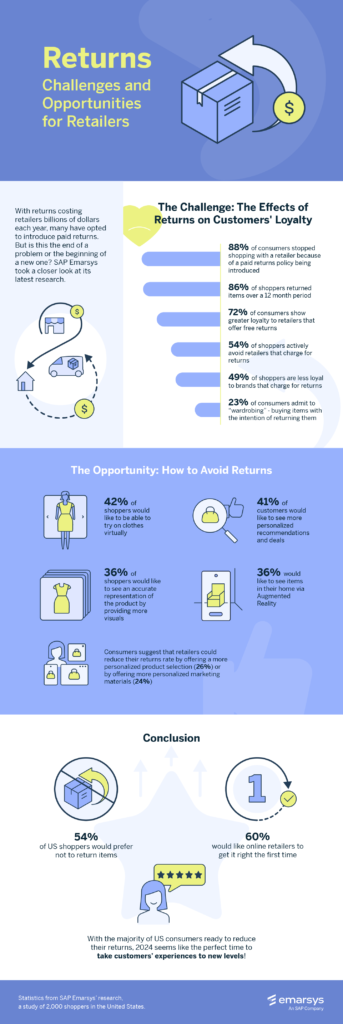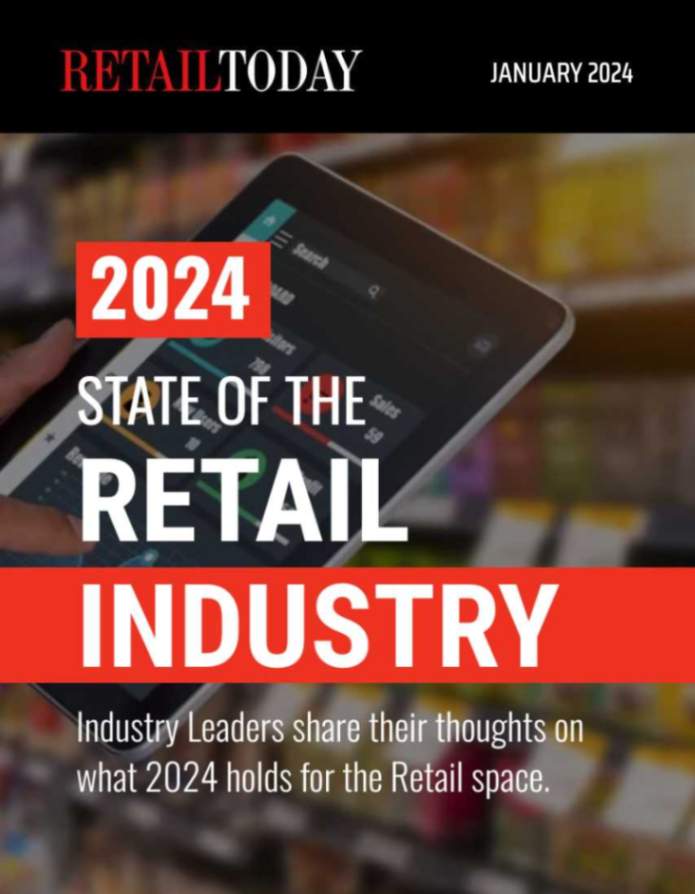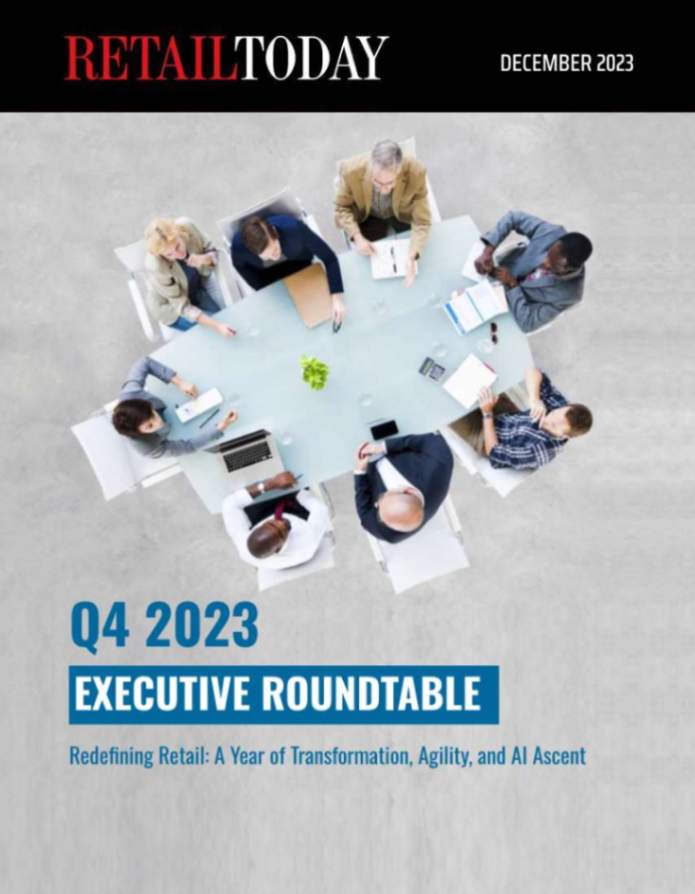
Nearly three quarters of US shoppers (72%) show greater loyalty to retailers that provide free returns. That’s according to the latest research by SAP Emarsys Customer Engagement, which surveyed over 2,000 shoppers in the United States.
The research, which launches at this year’s NRF retail tradeshow, found that 88% of US consumers have stopped shopping with a retailer because of a paid returns policy being introduced, while over half (54%) actively avoid retailers that charge to return items.
SAP Emarsys data found the rate of returns continues to climb, with 86% of shoppers returning items over the last 12 months.
However, not all these returns are genuine, with nearly a quarter (23%) of consumers admitting to ‘wardrobing’ — a phenomenon where consumers buy items with the sole intention of returning them. A common example of ‘wardrobing’ is shoppers buying the same product in multiple sizes when unsure of the fit.
To address this, many retailers have started charging a returns fee. However, the SAP Emarsys research suggests this is causing shoppers to switch, with 49% being less loyal to brands that charge for returns.
Additionally, 54% of respondents say they prefer not to return items, and 60% want retailers to “get it right the first time,” indicating over half of US consumers do not want to deal with returns.
“With brands losing money from returns, it is understandable that retailers have added returns fees, but it is imperative retailers don’t damage their customer experience in the process,” said Sara Richter, CMO at SAP Emarsys. “We need to fight the root cause of the problem, not just manage the symptoms. For me, that’s where personalization comes in.”
“When retailers offer more targeted products based on customer data, such as returns behavior and wish lists, the volume of returns drops. Three quarters (77%) of shoppers prefer brands that make personalized offers, and we saw an increase in retailers embracing this approach during last year’s Black Friday weekend.”
The research backs up this view, with consumers saying that retailers could reduce their rate of returns by offering a more personalized product selection (26%) or providing more personalized marketing materials (24%). Nearly half of US consumers (41%) would like to see more personalized recommendations and deals that make the online experience more like shopping in a store.
“Today’s consumers are looking for a more personal touch and want to know their voices are heard,” Richter said. To deliver a tailored experience, retailers must make the most of advanced tools like Customer Engagement Platforms, Customer Data Platforms (CDPs) and AI to understand customers’ shopping habits and return patterns. If a customer buys 50 items, a retailer might assume they’re a big fan. However, if 49 of those items were returned, the story is different.”
Returns are just one part of the loyalty mix. To learn more about what is currently driving customer loyalty, check out the latest SAP Emarsys Customer Loyalty Index.
Join SAP Emarsys Customer Engagement and hear from customers such as Wella, FC Bayern and more at ‘NRF 2024, Retail’s Big Show’ in New York from January 14-16, 2024. For more details, visit www.emarsys.com/NRF.






